No Pictures, Please
Queer Theatre in Beirut / الرجاء النزول لقراءة المقال باللغة العربية
As the IETM Satellite Meeting in Beruit is underway, Raphael Khouri's story about being unable to tell people about a queer Arab play she directed is incredibly timely and important.–Geoliane Arab, series curator
Before the performance began, M stood up and asked the audience not to take any photos or videos. She looked very serious with her penetrating eyes lined with kohleh, as in: Don't fuck with me. No one did.
This was the first play I had directed in seventeen years and I couldn't publicize it. This was also the first real Arab queer play in history. It killed me on every level not to be able to invite anyone to attend except my closest friends.
I studied in Beirut twenty years ago. Back then, there was no semblance of queer activism. There was also no internet, no social media, and we didn’t even have functioning telephone lines after the civil war. I had heard from an older Lebanese lesbian was that it was illegal and that I shouldn’t tell anyone. I was absolutely terrified. When I suffered my first queer heartbreak, my roommate noticed I was sad and asked why. I had to lie and say it was because I had failed in an exam. All I had was a book of lesbian poems and essays which I kept very well hidden in my dorm room and which I would read when my roommate was out. Eventually, I moved to San Francisco just to breathe.
It was a great honor and a moment of personal liberation for me, therefore, in October 2014 to return to Beirut to write and direct what is, to my knowledge, the first queer Arab performance, titled No Matter Where I Go. There have been Arab plays with some gay content or characters, but none of them set out to be queer per se, or were created by queers. Our play was a documentary piece about the experiences of queer Lebanese women in public space. I wrote and directed it based on interviews with my friends who then acted out their own stories. We performed it at American University of Beirut (AUB), as part of the Bodies in Public conference.
Many times during rehearsals, we grappled with questions: What if the media finds out? Is it illegal? What if the police find out? Or my parents? What if someone takes a picture?
It was both liberating and frustrating for us to create this space where we could finally express ourselves in our city, but that had to be zoned off from the public in order to protect the safety of the actors. Many of them were not out at work or in their families. As a way of coping with the burden of all our fears and questions, I decided to include them in the script so that the audience would have to carry the burden too. The play starts out with the actors giving talks on gender theory at the Bodies in Public conference. From where I am sitting with the assistant director in the audience, I interrupt them suddenly, announcing that this is boring. “Can't you tell your own stories?” And that's when the actors perform their fears in front of the audience, exactly as they did in rehearsals. What if the media finds out? Is it illegal? What if the police find out? Or my parents? What if someone takes a picture?
If theatre really exists only in the memory and imagination of the audience, then yes, that’s what our play was. No, not a shred of visual evidence exists for me to prove it happened. Yes, we are considering a new production of the play, in a time and place that will probably go unannounced. And no, our revolution will not be televised.
A full text of the play is published in the anthology Queer Dramaturgies: International Perspectives on Where Performance Leads Queer.

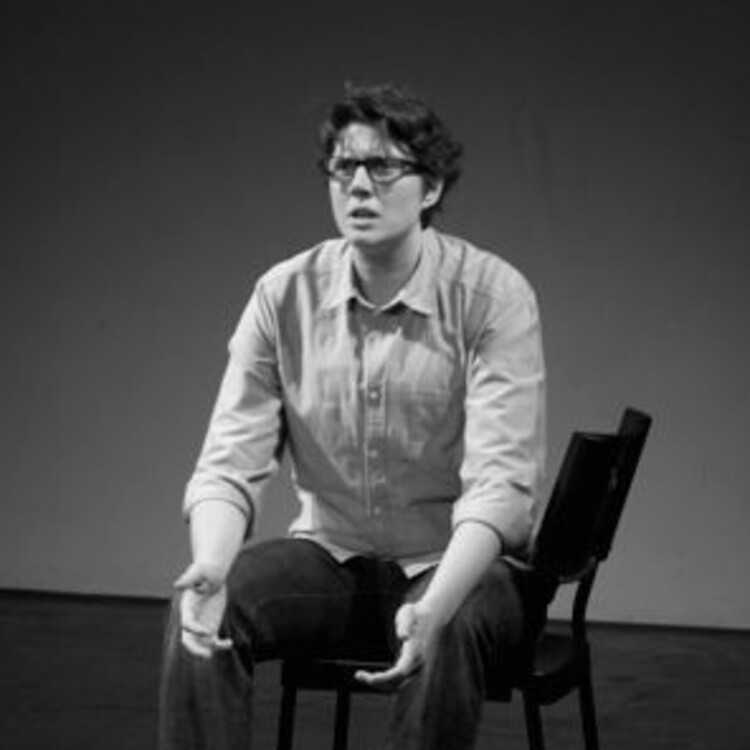
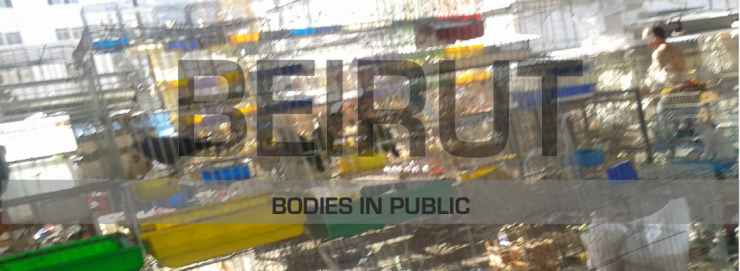
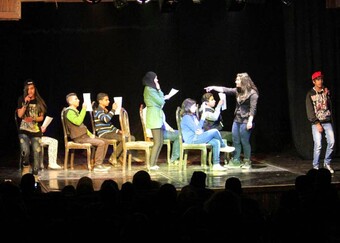
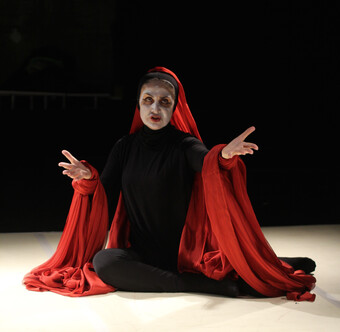

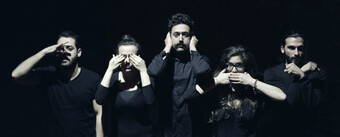

Comments
The article is just the start of the conversation—we want to know what you think about this subject, too! HowlRound is a space for knowledge-sharing, and we welcome spirited, thoughtful, and on-topic dialogue. Find our full comments policy here